
One reason why we forget that the ideal of monarchy expressed in the British coronation rite was once the ideal of all Europe. The ideal has survived no-where else.

The ruling class would empty the countryside of land-owning farmers, while sprawling urbanity saps the energies of demoralized workers toiling in front of their computer’s monitor.
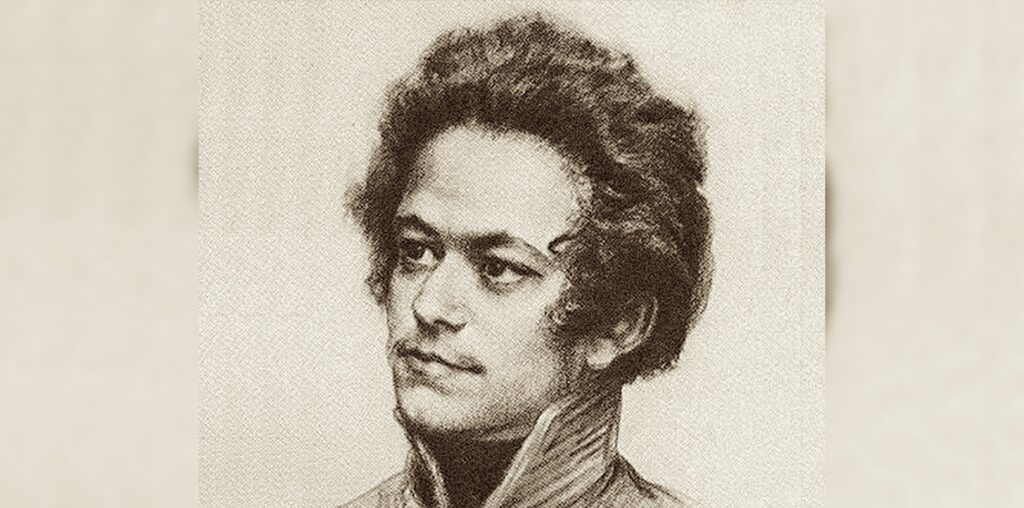
Why did Marx ditch the Bauerian line of polemical criticism and adopt the more revolutionary belief in direct action with which he is now associated?
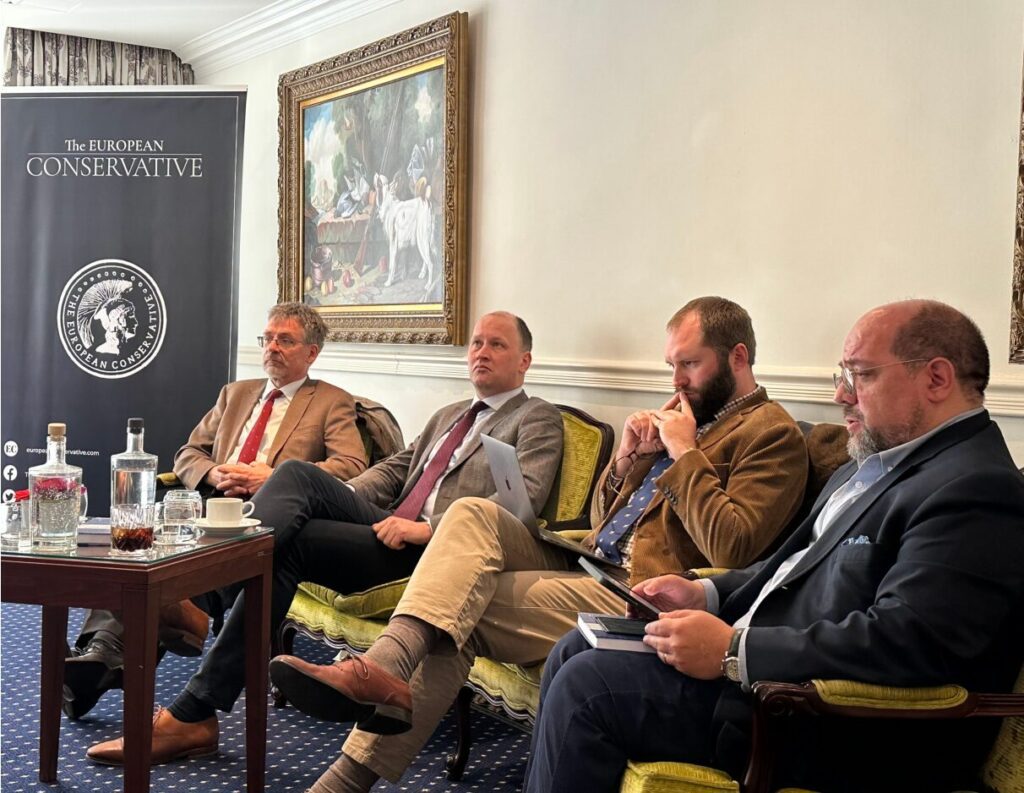
At our event, three excellent thinkers honored the memory of Sir Roger Scruton, without whom modern conservatism and the future of European civilization is unimaginable.

We are marked from the day of our birth with an end date; all is indeed vanity. To forget our mortality is thus to lose something human, to become inhuman.

The founders of the Council of Europe saw the need for an international organisation dedicated to protecting human rights. But there were other options back then, and there surely are now.
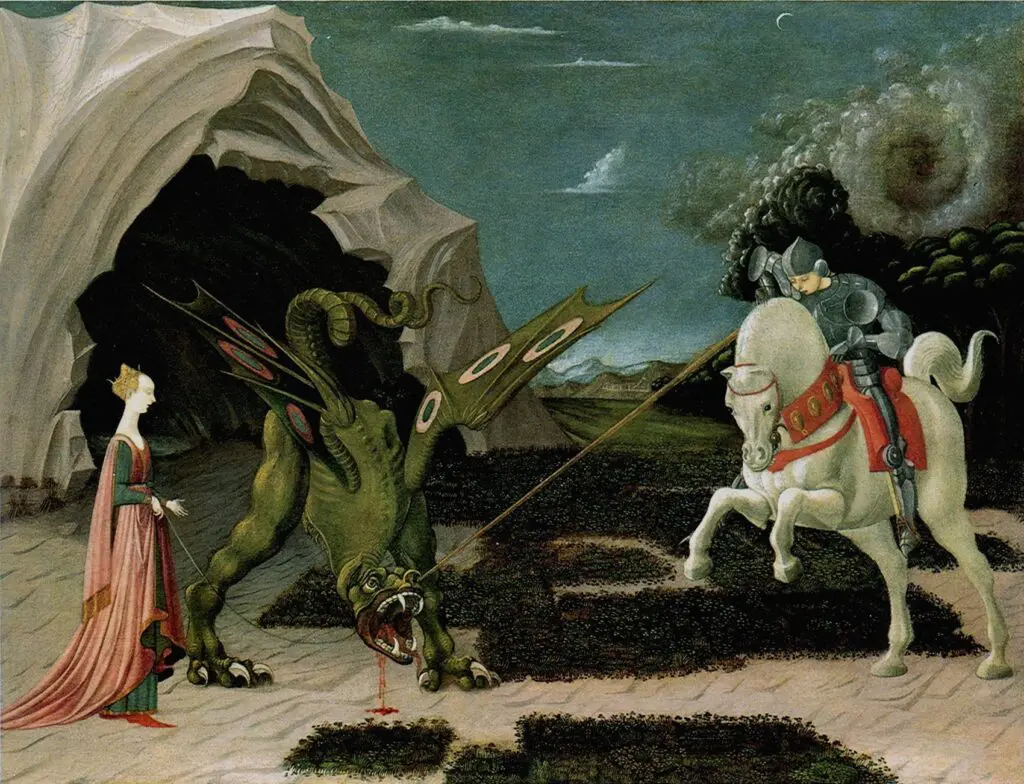
The courage of George combined with the inexorable force of his white charger as they form a single centaurial juggernaut of unstoppable power is a perfect portrayal of Christian meekness.

A futurist fiction sub-genre promising to unite Art Nouveau, Hayao Miyazaki, and 1800s Age of Sail aesthetics with implementable green technology, Solarpunk has yet to rise above its present state as a therapeutic tonic for climate change fears.

Manufacturing Consent: A manipulated and pacified populace can never be free.

There, in this digital wilderness, we are tempted by every possible output, all the kingdoms of a virtual earth.

The Back Rooms, a popular bit of Internet folklore, reminds us of the recurring horror motif of a reality adjacent to ours, familiar but uncanny, whose real-world congealment we may soon be facing.
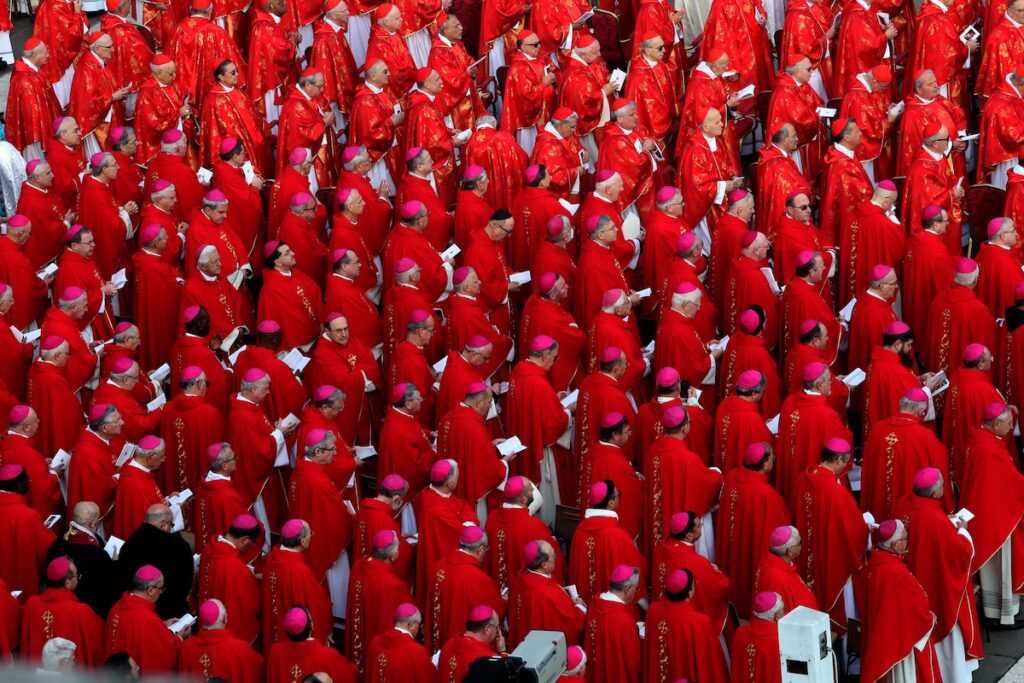
A decisive schism in the Catholic Church would ripple through global society and reinforce cultural and political divisions. It will not cease to be universal, but two opposing universal churches, one modernist and one anti-modernist.

Several years ago, a friend and I made the nine-hour drive north from Calgary through an Albertan landscape dotted with

“We expected to find tiny, young, baby galaxies at this point in time, but we’ve discovered galaxies as mature as our own.”

The gifts Shirley Collins has given to us by her guardianship of England’s old folk songs should also be seen as an invitation to all peoples to recover their own folk music traditions.

His philosophy of history was unquestionably revolutionary, but Kojève was a conservative. The essence of his prescription for Europe remains relevant for today’s geopolitical, economic, and cultural struggles.

On Saturday, Christ conquers the fires of hell, and leaves its gates ajar behind him.

“Whereas the Matthäus-Passion and Johannes-Passion are extremely well-known and have long and well-established performance traditions, the libretto of the Markus is largely unknown, even to Bach scholars.”
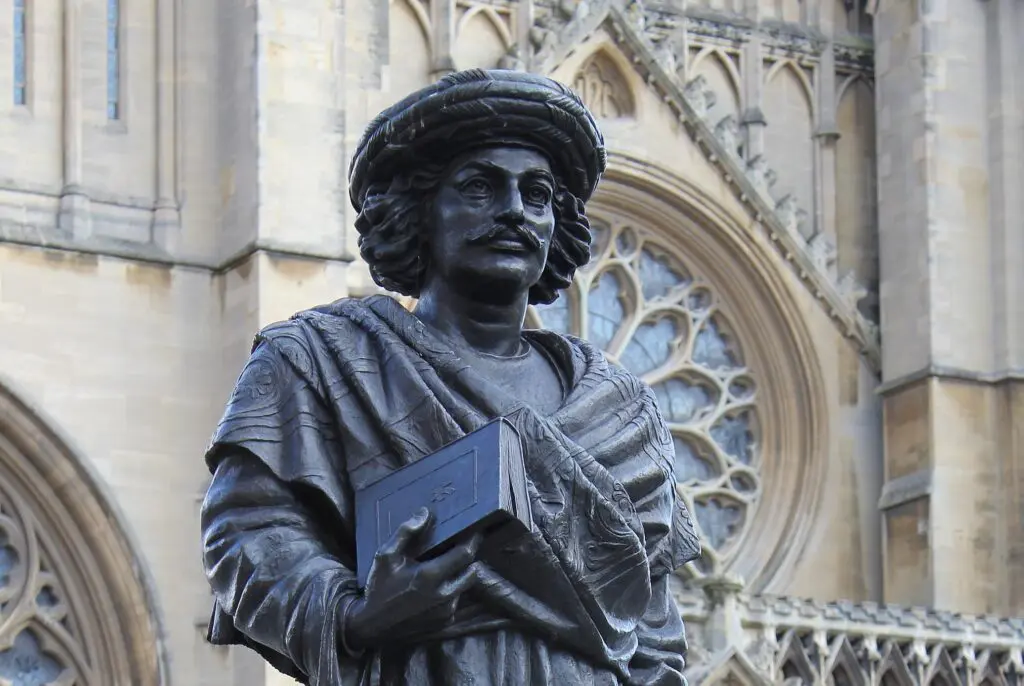
It’s vital that we take risks in asserting our legal right to doubt and interrogate the ‘decolonising’ story, because what is at stake is so very important.
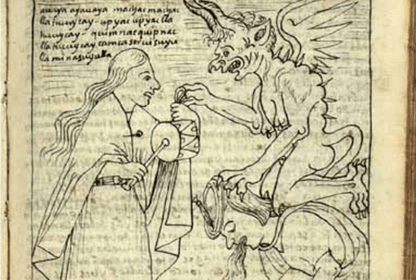
There is a macabre precedent in the bizarre accounts, world over, of people dancing themselves to death: an analogue to the painful hedonism of post-modernity.
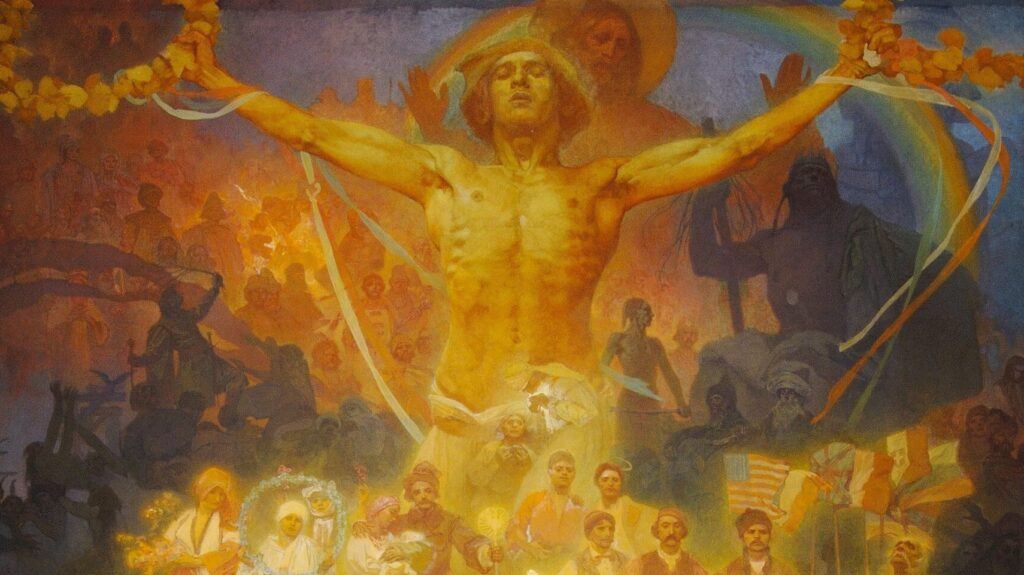
Defenders of ‘the nation’ often fall back on practical issues of scale and power balance, ignoring the Biblical and Platonic tradition that celebrates the diversity of nations as an aesthetic good.
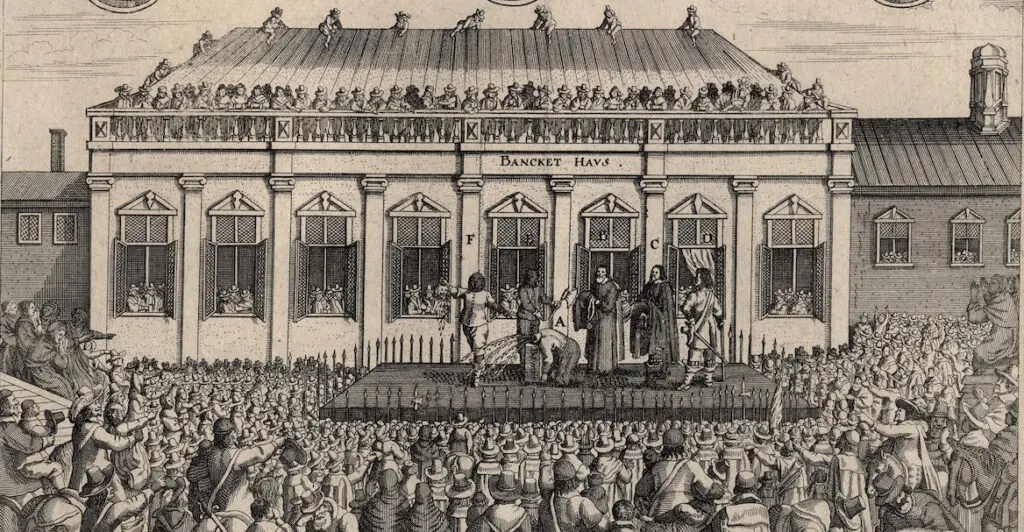
Consumer society and digital technology have demolished our linguistic spaces, shattering our foundational skillset for living virtuously and politically.
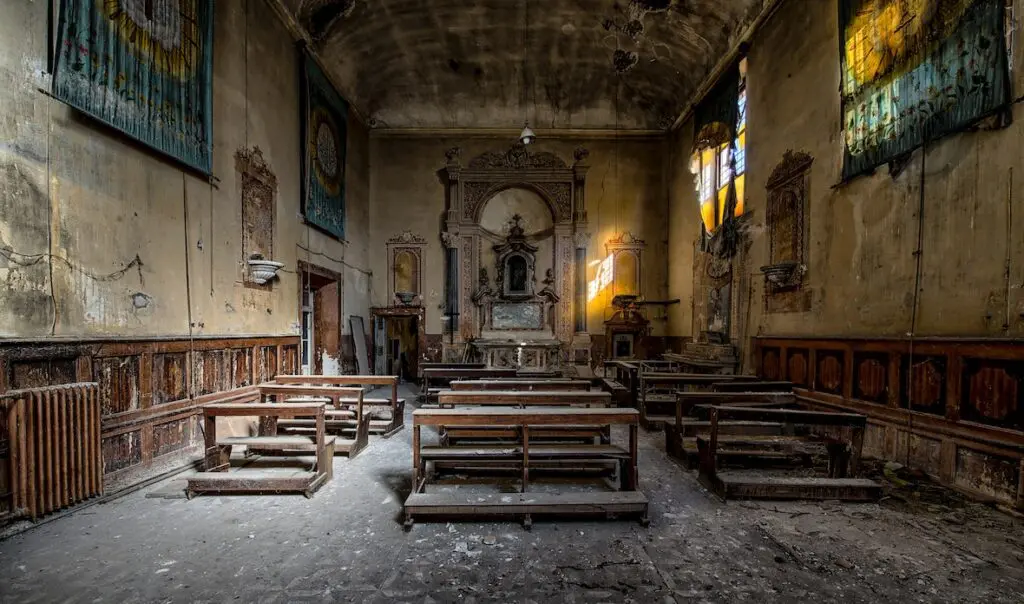
While the soul—like the Church—is indeed immortal, neither the body nor the State are. The zombie governments of this world shall continue to bounce off each other until they rot completely.

Alternate histories, by showing what could have been—and might yet be—treat the past as a traversable terrain.
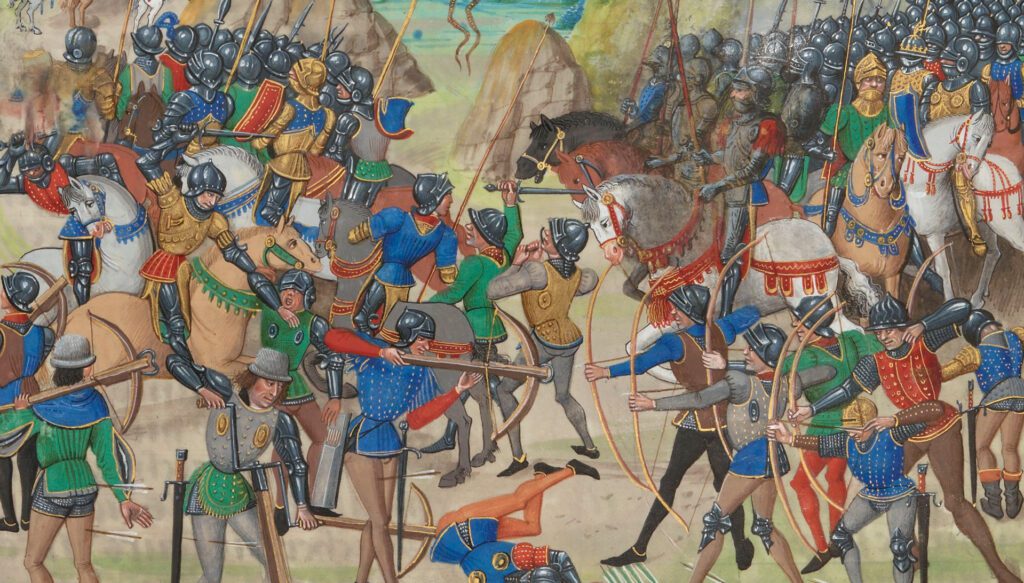
All (good) philosophy begins with experience of reality—and such experience is the fundamental prerequisite for good archery.

The ‘Deep State’ is not some murky entity, hiding in the shadows; it is on full display, a former intelligence officer insists.

Archery, the Japanese have long believed, supplements the interior journey towards a state of wisdom, a journey that to some degree we must all undertake if we are to avoid becoming a nuisance to others.

It is as if, in the boomer-con’s mind, liberalism is a ‘nice principle’ that ought to temper the ‘nasty but necessary principle’ of conservatism. Young-cons, however, don’t identify liberalism with niceness at all.

Archery takes that great inheritance of which we’ve been robbed and retrieves it in distilled and concentrated form.

In a country that’s been binge-drinking at the font of liberty for a half-century, the American New Right is betting that the hangover is setting in.